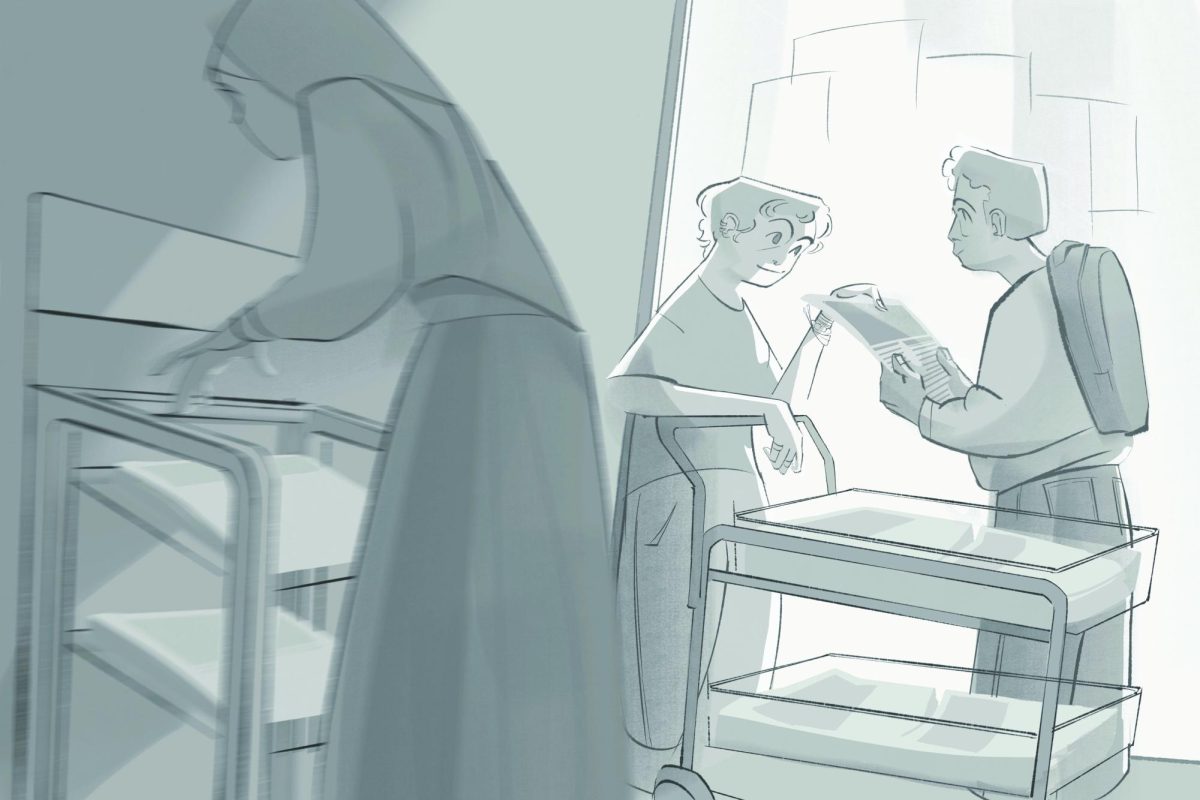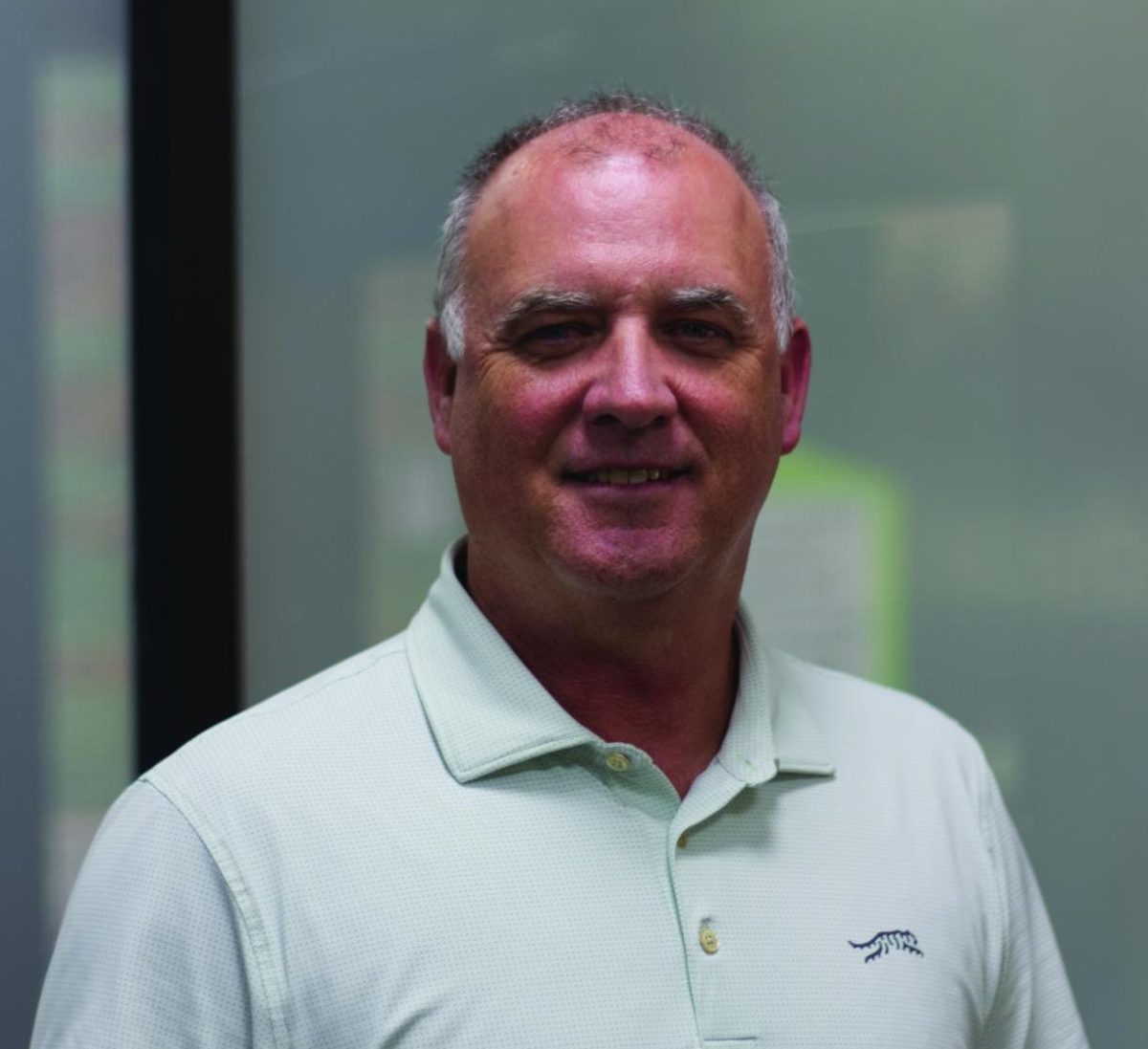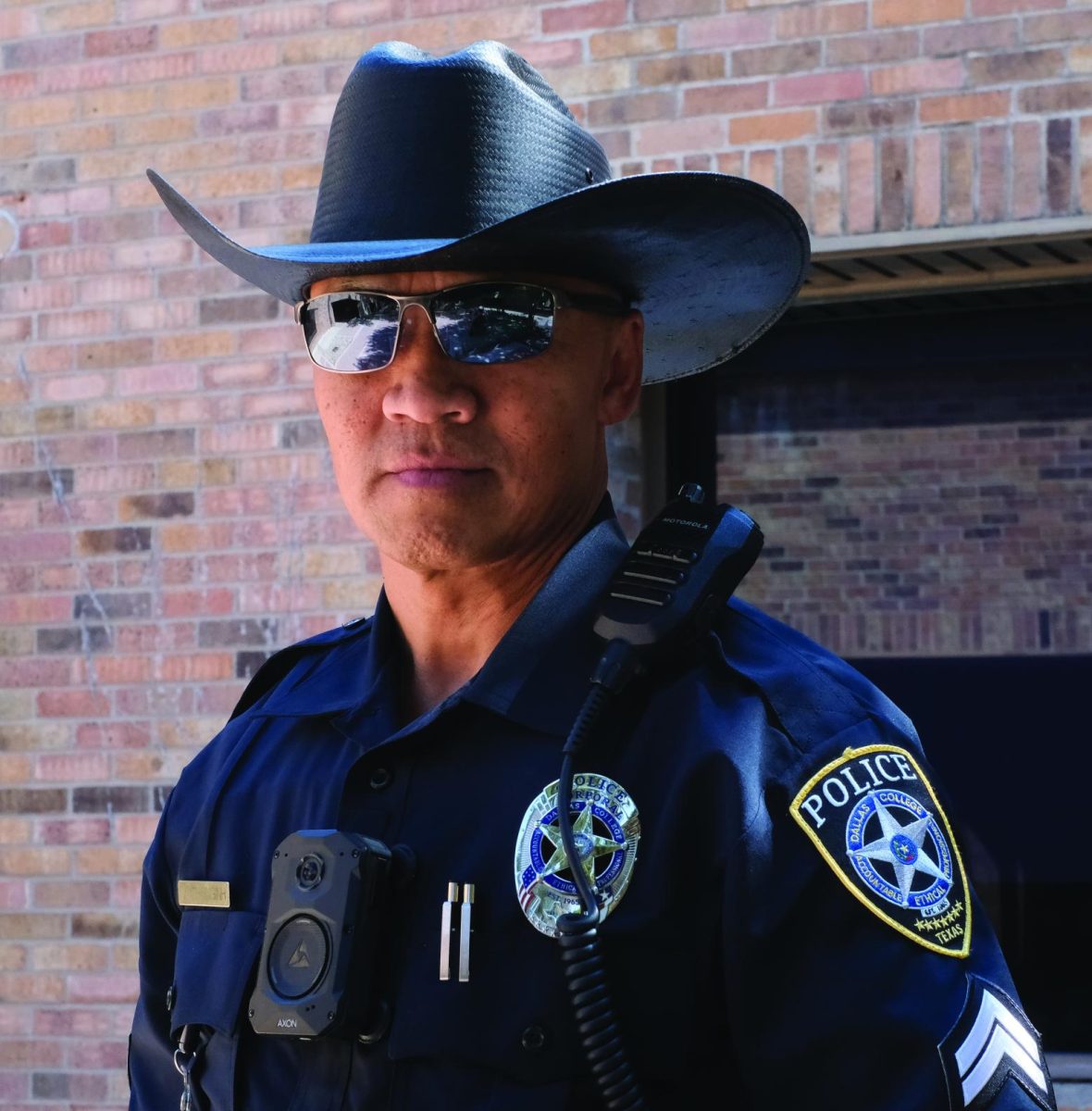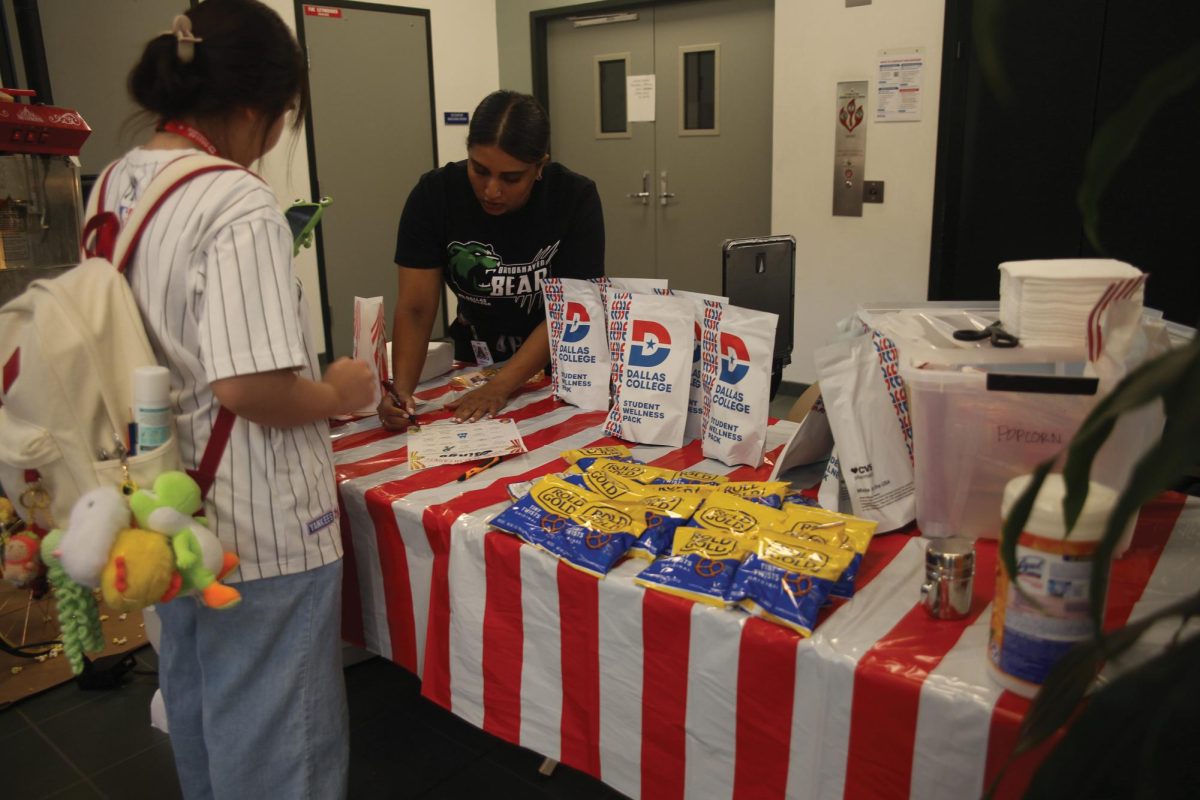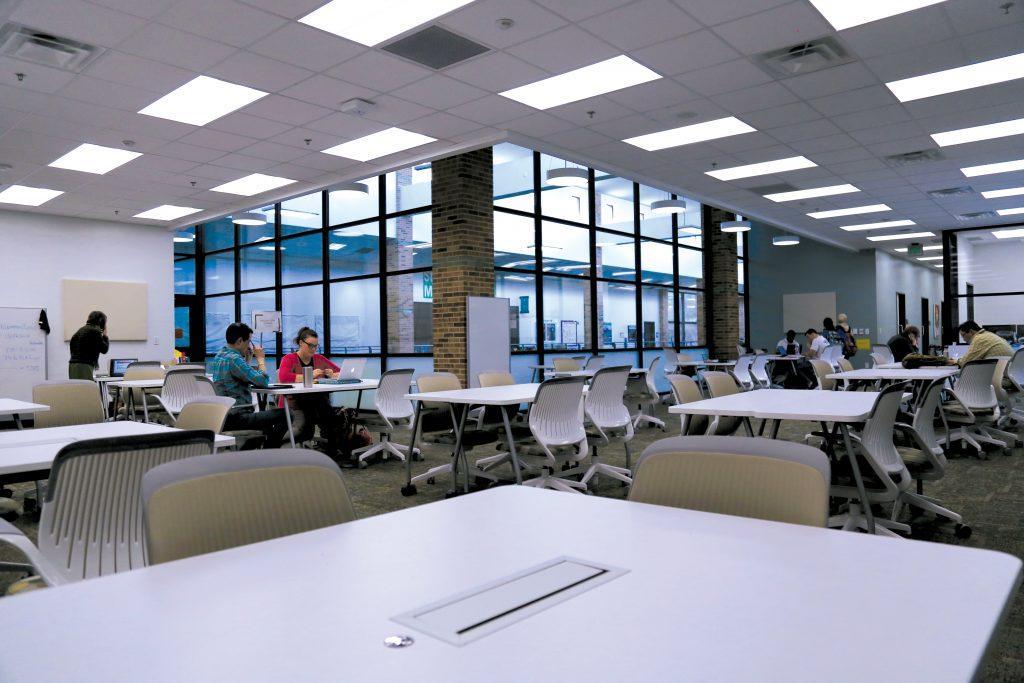
By Thao Nguyen & Salar Akhavan
Opinions Editor & Contributing Writer
A new student support center with centralized services opened Aug. 27 on the second floor of S Building. The Academic Engagement & Support Center, which is now called The Hub, is open to all currently enrolled Brookhaven College students.
Rosalind Lang-Overall, manager of instructional support, said what distinguishes The Hub from other services on campus is that students can visit the center for multiple services in one place. Services offered will include tutoring and other academic and non-academic services.
Academic services offered in The Hub include tutoring for English, government, history, developmental math and non-STEM math. These tutoring locations, Lang-Overall said, were located across the campus before The Hub opened.
Lili Arratia, a student, said she thinks the new center is a great resource for students. She started visiting The Hub after her math teacher talked about it in her class. Arratia said she likes the open space and the staff are friendly and helpful.
The Hub’s collaborative learning spaces are designed for students to interact and work in teams on group projects or studying.
“I really like the new center,” Kimberly Reyes, a student, said. “The learning space is quiet and does not have many people coming in and out which is a plus for me.”
Students will be able to work in groups projecting content from wireless devices, including laptops, smartphones and tablets, to TV’s connected to the Solstice Pod, a wireless content sharing system.
The Solstice Pod will allow multiple users to share and control content collaboratively on a single screen, according to creator Mersive Technologies Inc.’s website. Solstice supports Android, iOS, Windows and MacOS devices.
Computer stations and laptops are available for students to use for assignments. Lang-Overall said calculators will also be available soon for students to check out.
Other academic services available in The Hub include assistance filling out Free Application for Student Aid, or FAFSA, and Pell Grant applications, as well as other scholarship applications. Students will also receive help in creating a profile on The DCCCD Foundation website to receive information and apply for various scholarships offered by the district, Lang-Overall said.
Non-academic services available include referrals for childcare, assistance with utility bills and rent, and help filling out the combined application for SNAP food benefits, Medicaid and TANF cash help.
“We try to alleviate some of those stresses by having the non-academic resources in one central area to help students move forward,” Lang-Overall said. The services are designed to help students eliminate barriers that may determine if the student will continue to stay in school.
Currently, three academic advisers are available to assist new and first-time students, Land-Overall said. Student visits will be tracked to better serve them when they return through case management.
Reyes said: “The only thing I think they need to improve is that they do not have enough tutors, so sometimes I come here. I have to wait awhile until I get to meet with the tutor.”
Anne Darrouzet, manager of academic advising, said: “We work with students from the time they start here until the time they leave. Also, we try to connect them with everything they need.”
Ngoc Truong, instructional designer and Title V director, said Brookhaven was awarded a $2.65 million grant by the U.S. Department of Education in September 2015. The grant was awarded under Title V of the Higher Education Act, a federal program created to assist colleges and universities in improving the higher education of Hispanic students.
Brookhaven’s application for the grant included the creation of a new center to help students. The proposal became known as Project RISE.
Truong said the goal with the grant is to increase student success in core courses, such as English and history. “The goals for the grant were to increase students’ success in particularly low-income and Hispanic students,” Truong said. “We wanted to help them complete 15 hours in one year, 30 credit hours in two years and an associate degree in three years.”
Darrouzet and Lang-Overall said the current challenge for them while operating The Hub is to make sure students know the center is available and know about the services provided. The two say they hope professors will inform their students about the center.



